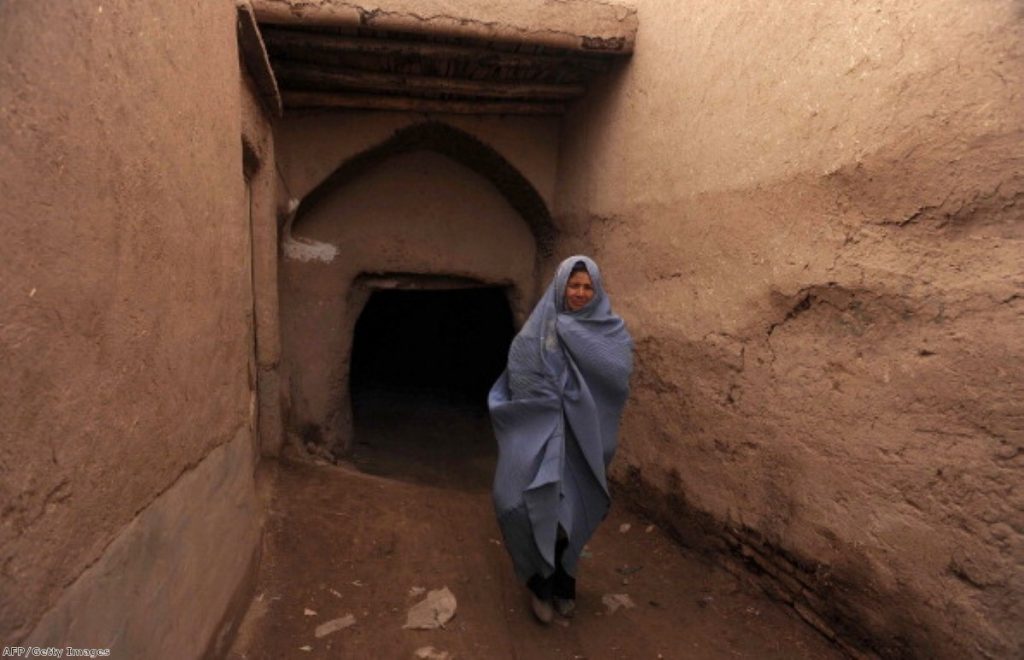Comment: Hague’s plan to end sexual violence in conflict must include Afghanistan
By Manizha Naderi
William Hague nailed his colours to the mast in his opening speech at this week’s End Sexual Violence meeting when he said: "The summit is not the end of the road for our work. In many ways it is just the beginning".
In so many respects I couldn’t agree more.
Working in Afghanistan – a conflict zone – where violence against women is endemic and women are killed in Taliban-controlled areas as a way of discouraging other women to speak out publicly, I and my female colleagues risk our lives on a daily basis to defend women’s rights. We provide counselling, shelter and legal aid for women and girls who endure domestic violence, forced marriages, rape and other sexual violations. Yet for this, our staff in some parts of the country regularly receive death threats and are attacked, making it all the more difficult to carry out their tasks. In fact, there are presently no women’s shelters in the east or south of the country, because of the dreadful security situation.
The British government has committed to ensuring a stable transition in Afghanistan as their troops withdraw. As such, Mr Hague’s speech cannot be allowed to be just slick podium-talk. It has to produce concrete political action.
There are now only six months to go before UK troops withdrawal and with the second round of presidential elections taking place tomorrow, the country remains in a very precarious situation. There is a real risk that as the UK and the US pull out, the security situation will rapidly deteriorate, and as an Afghan woman, I know all too well that it’s always the women and girls who are hit the hardest when that happens.
If security does deteriorate then protection for the women and men promoting peace and human rights will become even more important. In her opening Ending Sexual Violence summit speech, the UN’s Special Envoy Angelina Jolie quoted from the co-architect of the Universal Declaration of Human Rights – Eleanor Roosevelt – who said "the destiny of human rights is in the hands of all our citizens". True, it is in our hands as Afghan citizens. But we must be empowered to use our hands to defend those rights. And we can only do so if other governments, notably the UK, live up to their commitments and prioritise women rights defenders in Afghanistan. A plan of action is desperately needed over things like how to pressure the Afghan authorities when someone receives threats, the provision of well-targeted training and small grants to help people to relocate to another city if their lives are at risk. Such commitments can really make a world of difference for the work we carry out.
So Mr Hague – to you I say this: thank you for putting together such an energising and invigorating conference, where so many leaders spoke of making real commitments to ending sexual and gender-based violence. But also, Mr Hague, your words were heard not just in London’s Excel Centre but by women and girls across Afghanistan. They are counting on you to lead by example and to really deliver on your commitment to support women fighting for their rights.
Manizha Naderi is the executive director of Women for Afghan Women and one of an Amnesty delegation of women human rights defenders who attended the ESVI summit.
The opinions in politics.co.uk's Comment and Analysis section are those of the author and are no reflection of the views of the website or its owners.





-01.png)